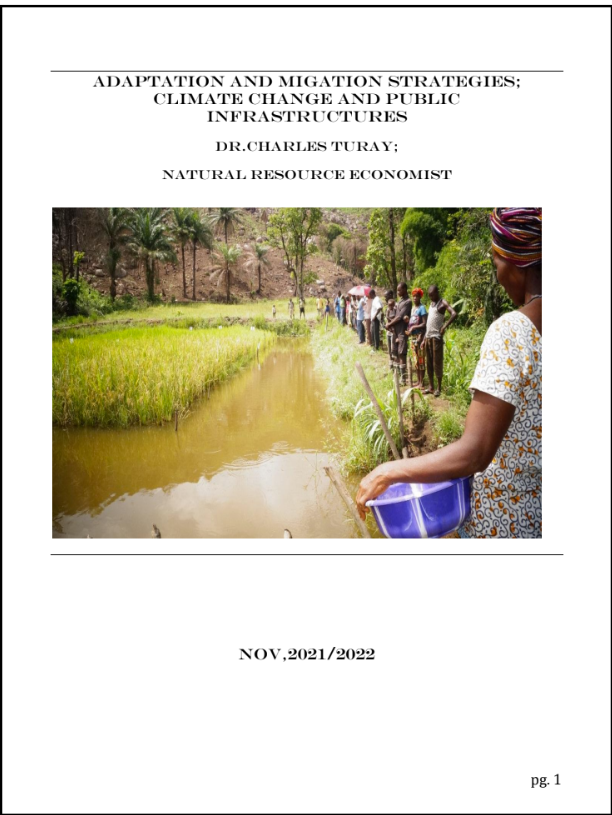Caractérisation De La Dynamique Spatio-Temporelle De La Plaine Inondable Du Noun (Cameroun) À L’Aide D’Images Satellites
In Cameroon, the pressure on wetlands, which cover nearly 70% of the national territory, appears to be increasing, whether for subsistence needs, firewood, grazing, logging or expansion of development projects. Currently, in terms of land use, forest has decreased by 619 km² and cultivated land has increased by 321 km². The surface area of degraded forests and land is estimated at around 12 million hectares, with a general trend towards an increase in the phenomenon due to both natural and anthropogenic factors.




